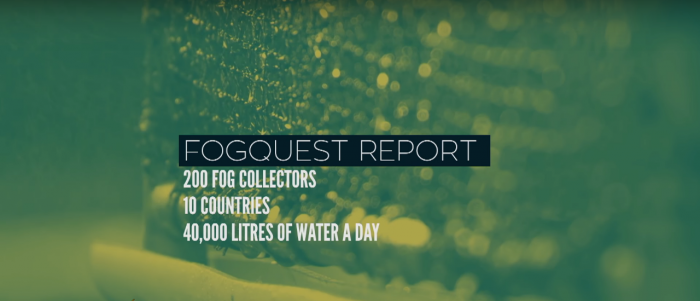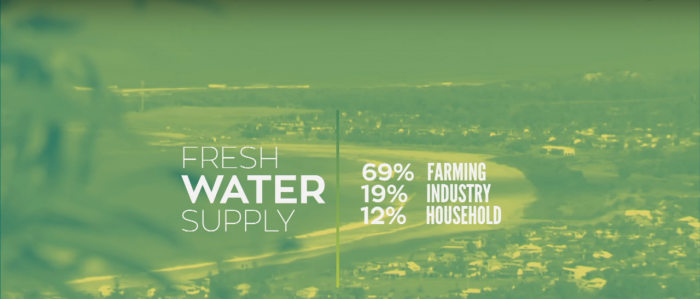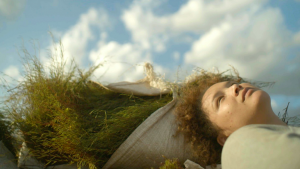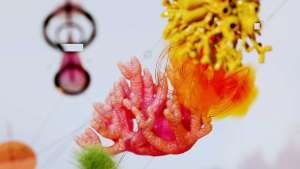In The Science of Water Sustainability, TechKnow explores three solutions for water scarcity that don’t involve waiting for rain: fog-catching nets, intelligent watering and water-efficient washing machines.
The Western Cape in South Africa is not the only place facing a water crisis - a United Nations report suggests that global water consumption has increased twice as fast as population growth. By 2025, it’s estimated that two-thirds of the world’s population will live in water-stressed regions.
“Our entire system of living was based on a paradigm of plentiful water,” says Dr Daniel Fernandez, a professor of natural sciences at Cal State Monterey Bay in the United States (US).
Fog-collecting
Fernandez is introducing fog-collecting to California’s central coast, using innovative mesh designs to capture the maximum amount of water possible. These mesh designs are modelled on nature, taking their cues from the way leaves collect water on trees.
“Fog collection actually has been around for a long time,” he says. “Longer in some cases than recorded history.”
For example, in Chile’s harsh Atacama Desert, known as the driest place on earth, villagers use a simple system of nets to capture around 10 000 litres of water each day from the dense fog there.
Fogquest, a non-profit organisation involved in sustainable water projects, estimates that currently 200 fog collectors in 10 countries – including Eritrea and Morocco – are producing 40 000 litres of water a day.
TechKnow also speaks to Dr Peter Weiss-Penzias from the University of California, Santa Cruz. He is conducting research on the safety of using collected fog water for irrigation and human consumption. His initial findings look positive: while fog can contain 10 times higher methylmercury than rain, it’s still around 100 times less than the health threshold. In more pristine areas outside of cities, there is even less concern.
Intelligent watering
Most of the freshwater supply is used to feed the world, with 69 per cent going to farming, compared to 19 per cent for industry and 12 per cent for households and municipal use.
So Fernandez says it’s important that in agriculture, “There are people looking at [how] can we water intelligently? In other words, can we choose to water when the crops reach a certain level of dryness rather than just watering on some sort of a schedule?”
TechKnow visits a strawberry farm on California’s central coast, where Dr Sara Baguskas is studying fog’s impact on irrigation. “We want to have a mechanistic understanding of how these crops respond to their environment,” she says. “There’s a big gap right now between the information this research is generating and farming practices.”
Washing machines that use 80 per cent less water
TechKnow talks to Steve Jenkins, the chief technology officer of Xeros. His company’s washing machines use up to 80 per cent less water, instead relying on recyclable polymer beads. “These beads act like tiny sponges in a sense,” says Jenkins. “Pounding and soaking up and carrying away dirt and stains from fabrics.”
Xeros’s biggest consumers at the moment are hotels in the UK and North America. “This machine here is saving $72,000 a year… from low water, low energy, low chemical,” says Jenkins.








